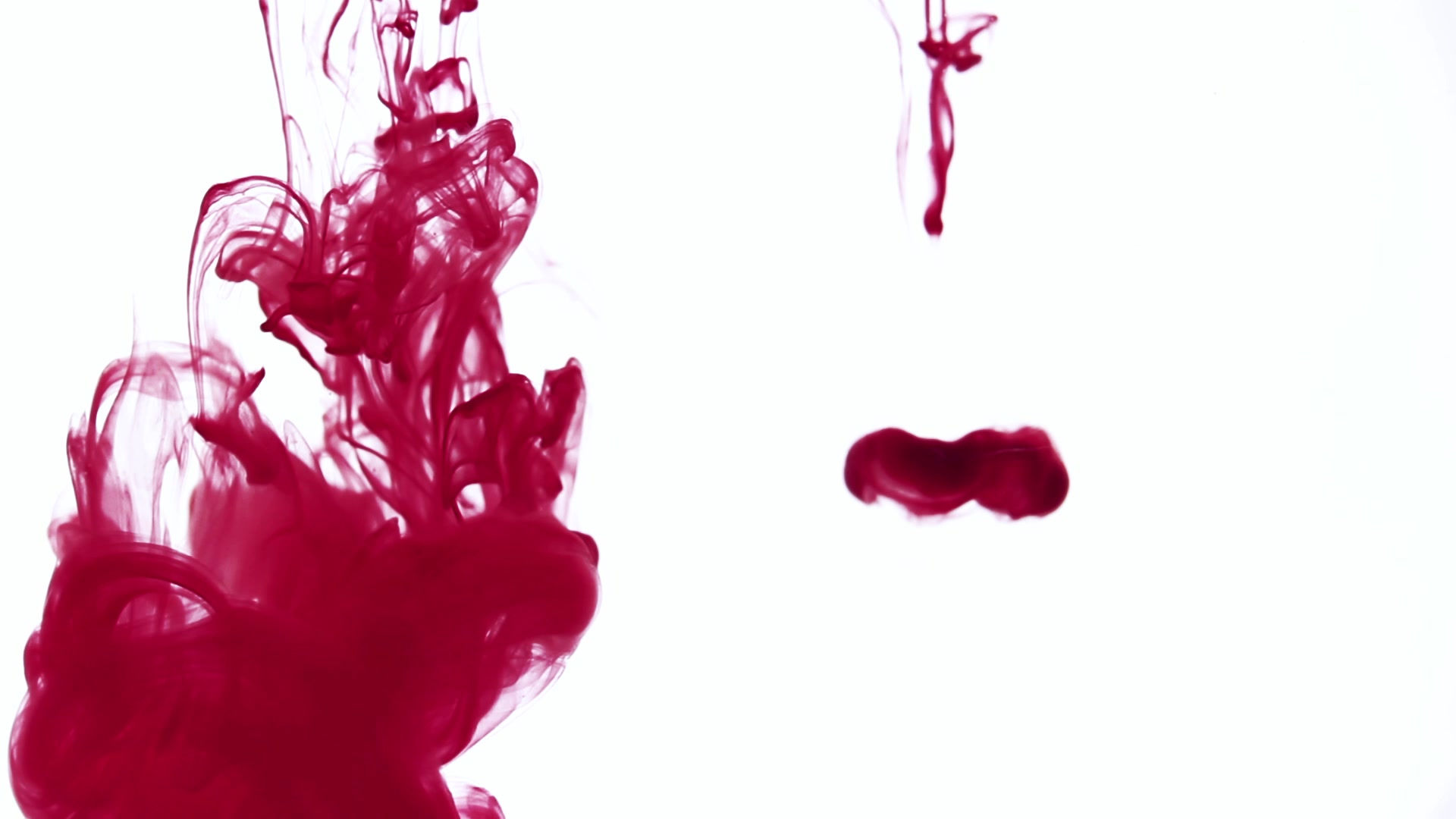Afropointilism: Representation of Tradition & the Duality of the Black Womxn
- Tshepang Pooe
- Nov 7, 2017
- 3 min read

Lyra Aoko is a fashion and lifestyle photographer based in Nairobi, Kenya. Her photographic subjects are showcased in “[their] best light” and are made to beautiful by Aoko’s images which come “from the heart to inspire and make [them] feel beautiful”. She has worked with the likes of Nike, Samsung and Burger King.
Upon first impression, Aoko’s Instagram page boasts a distinctive Afrocentrism. Her most recent shoot, Afropointilism: Exploring African Culture through the Art of Makeup, is a visual representation of the magic that is the black womxn. The photographs showcase Nyarach Aboja, an enchanting dark-skinned model, adorned by brightly hued bead work and majestic glitter-like makeup appliqué. As I write this, I am glancing at the photographs which I am describing on Aoko’s website. The captions which she has used for her images include Black Queens, thank you for existing, To thine own self be true and Essential steps for self-care. What I find so interesting is that even before discovering these captions, the images conveyed to me themes of black girl magic, self care, and pride in one’s beauty and self as a black womxn, which are the themes conveyed by the image titles. This is testament to the visual power of Aoko’s photography. None of this, however, would have been possible without the exceptional co-creative work of Nallah Sangare, who conceptualised and did the make-up for the shoot. Sangare has over 8 years experience as a make-up artist as a former Mac representative and as a creative make-up artist.
Afropointilism is a delicate and elegant shoot, highlighting an ethereal and soft quality of the black woman. In addition to this, Aoko captures a distinct strength and assertion which poses as a direct contrast to the aforementioned delicacy. This highlights a juxtaposition deeply rooted in the character of the black womxn. However, only one element of this juxtaposition is often brought to light when considering the role and or position of black womxn. This is a womxn who is characterised as fiercely strong in all aspects of her life. She is to carry the burden of oppression firstly as a female body and secondly as a black body. She is to carry the weight of caring for her children and other relatives, serving as a community leader and is only to care for herself after ensuring that everyone else is well taken care of. This in general is the role that womxn, as dictated by society, are burdened with. However from my personal perspective as a black female body, the sensuality and sensitivity of black womxn is often overlooked. Hence, visual representations which capture the black womxn, as Aoko has captures Aboja, are imperative to re-composing the narrative of the black womxn in this society. Black womxn are allowed to be strong, sensitive and sensual all at once. Black womxn are allowed to care for themselves as much as they care for their families and uplift their communities. We deserve representation that captures the complexities and nuances of our characters; this is what Afropointilism does.
What I have written above is purely my interpretation of the context and message of the photoshoot. However, on her blog Aoko speaks about Sangare's concept of pointillism as a make-up application technique and its relation to "the use of tribal makeup from sub-Saharan tribes through pointillism, a painting technique using dots". Click here to see the post on her blog. Today in fashion and beauty we see the traditional pointillism, appropriated to a modern aesthetic, worn by black womxn throughout the diaspora. Aoko thus, showcases the power of makeup, and artistry in general, to unite a dispersed people and to create a conversation on the roots of the African diaspora in a modern context.
“A young woman expresses her beauty through dots not knowing that it is in her heritage. On her search to her roots she will soon come to realize it through her mum and her grandmother. It is a practice very common to the different tribes around Africa and she is now on her journey to Utopia : a land where all the tribes and nations become one.”- Lyra Aoko




Images and information sourced from lyraoko.com





留言